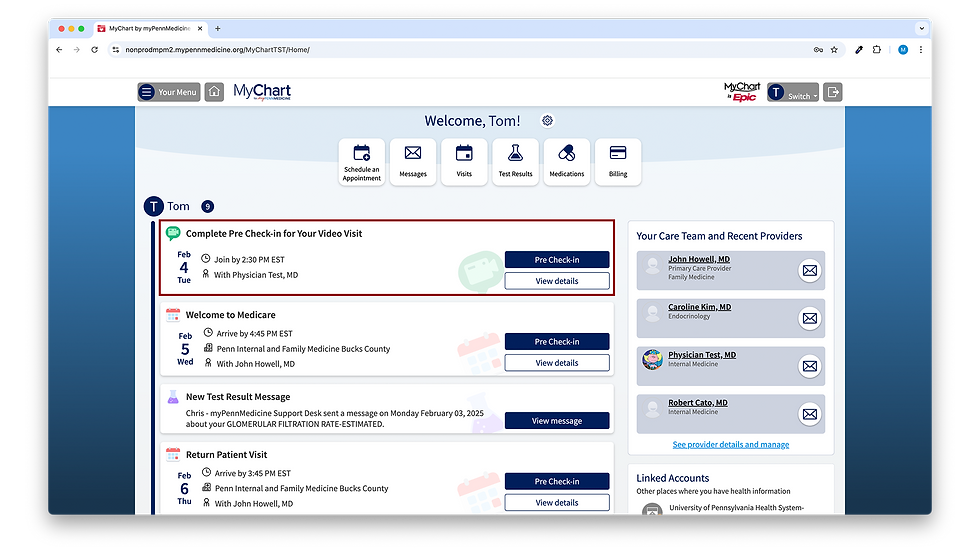
KLINIKUM+ | Building Blocks of Precision Medicine
- Kat Usop

- Jun 1, 2024
- 2 min read
Precision medicine is a rapidly evolving field that aims to tailor healthcare to the unique characteristics of each individual. By leveraging advanced technologies and data-driven approaches, precision medicine holds the promise of more accurate diagnoses, targeted therapies, and personalized preventive strategies.
Here are some of the key building blocks that are transforming healthcare through precision medicine:
Electronic Health Records (EHRs)
EHRs play a crucial role in streamlining patient records and providing a comprehensive picture of an individual's health history. By digitizing medical data, EHRs enable healthcare professionals to make informed decisions, improve collaboration across departments, and facilitate documentation-less billing.
Genomics and Genetics
Understanding the genetic makeup and molecular mechanisms underlying diseases is fundamental to precision medicine. Advances in genomic sequencing technologies have revolutionized our ability to analyze the building blocks of our cells, paving the way for more targeted therapies and personalized treatment approaches.
Artificial Intelligence (AI) and Machine Learning (ML)
AI and ML algorithms are transforming precision medicine by enabling precise and accurate diagnosis, personalized therapies, and drug development. These technologies can analyze vast amounts of data, including cancer pathology images and genomic data, to suggest the most suitable treatment options for individual patients.
Telehealth and Wearable Devices
Telehealth and wearable technologies are making healthcare more accessible and personalized. Telehealth allows for remote doctor-patient interactions, enabling timely diagnoses and treatment for non-urgent situations. Wearable devices can collect health data, warn patients about developing medical conditions, and aid in predicting disease progression and determining the most effective treatment options.
Big Data Analytics
The vast amounts of data generated from EHRs, genomic sequencing, and wearable devices can be harnessed through big data analytics to gain insights into disease patterns, treatment responses, and population health trends. By implementing big data analytics, the healthcare sector can experience practical advantages such as improved disease prevention, better resource allocation, and more efficient drug development.
These building blocks, when combined, have the potential to revolutionize healthcare by enabling more precise, personalized, and effective approaches to disease prevention, diagnosis, and treatment.
As precision medicine continues to evolve, it will be crucial to ensure that all individuals have access to these transformative technologies and that they are implemented in an ethical and equitable manner.
Wanna learn more? 👇
[1] The future of cancer is very personal https://www.tagcaustralia.com/blog/the-future-of-cancer-is-very-personal
[2] Essential building blocks of transforming healthcare - Infosys BPM https://www.infosysbpm.com/blogs/healthcare/essential-building-blocks-of-transforming-healthcare.html
[3] What's so precise about precision medicine? - AccessHope https://www.myaccesshope.org/blog/whats-so-precise-about-precision-medicine
[4] Precision Medicine, Implementation Science and Public Health https://blogs.cdc.gov/genomics/2015/08/24/precision-2/
[5] The Building Blocks to Personalised Medicine - University of Nottingham https://www.nottingham.ac.uk/research/groups/biomaterials-discovery/news/2018/the-building-blocks-to-personalised-medicine.aspx


Comments